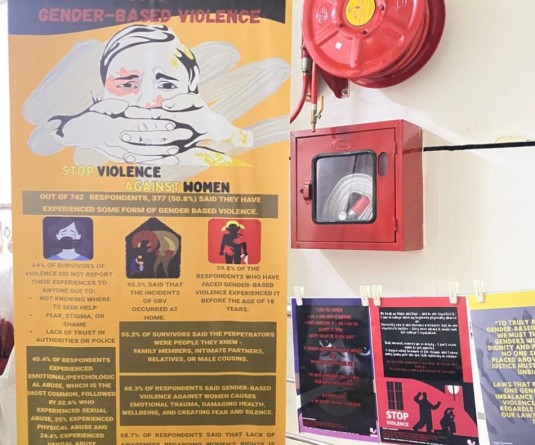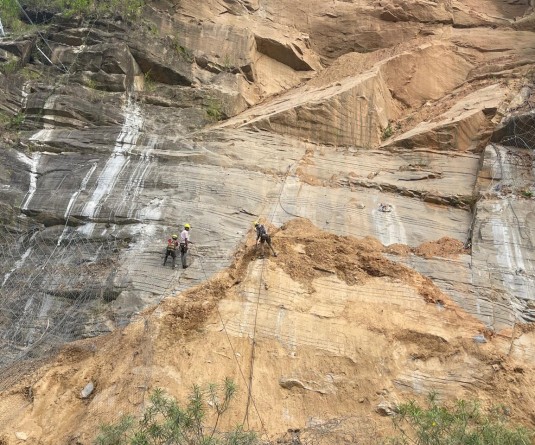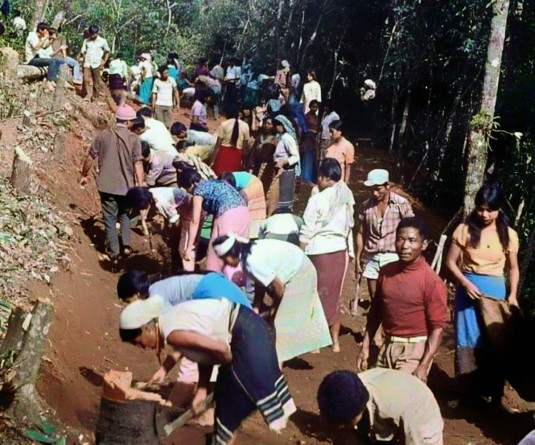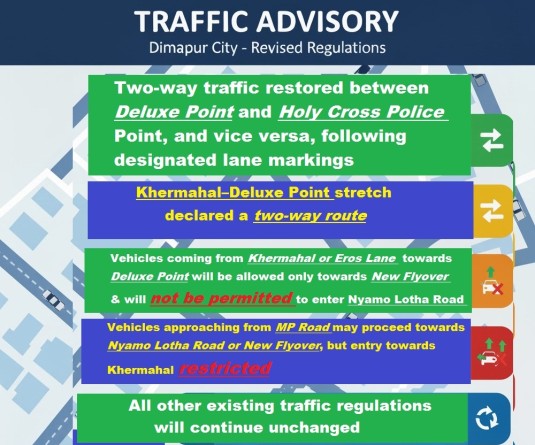
Vibi Yhokha
Kohima | May 8
It was a school tournament in his village Zhadima where Roko Angami was awarded the best player and discovered his first love in football. “Even if it was a small tournament, the award was a big encouragement,” says Roko who was twelve years old then.
The second Naga after Dr. T Ao to play for the professional club Mahindra & Mahindra, Mumbai from 1996 to 1997, Roko was also the first Naga to play in the Indian Premier League. After an injury that fractured his leg, Roko ended his career as a football player at his prime and went on to become a coach. Football coaches were scarce in Nagaland during the 90s, he says.
He took up coaching as a career and qualified for the Asian Football Confederation (AFC), where he obtained ‘C’ and ‘B’ license and is currently awaiting the results for his ‘A’ license. He has completed the International Sports Leadership Training (ISLT) and was also awarded the ‘International footballer’ by Paul Moses of International Sports Coalition at ‘Night of Stars’ in 2005 in Dimapur.
On being a coach
Roko believes that practice is more important than theory. “You need to watch good matches and plan out new techniques because players can become bored with monotony. The coach also has to be a player. Despite the theory, you need to demonstrate,” he says. Categorizing age-groups is very important to build up good players, he adds.
In 1999, he founded the Naga Boys Club, which gave free coaching to young players and won many state level football trophies. The club produced many national and state players like Velhukho Rakho, who represented India U-16 at Portugal and Vizovor Liezietsu, who represented India in Bangladesh. Apart from free coaching, the Club also organized cleanliness drives, peace rallies and banner campaigns supporting peace and reconciliation in Nagaland.
“There is no financial benefit in free coaching. But when the players come back home with laurels, that is my greatest achievement,” says Roko.
On sports in Nagaland
Roko says, “Nagas loves sports yet we don’t take it as a profession. We take it as a hobby. Encouragement is very less in our society. There is hardly any support from family, public or government.” He adds that sportspersons in Nagaland suffer from lack of proper training and equipments, absence of permanent/regular clubs, regular practice, football academies and dedicated professional coaches.
“To develop sports, you need to start from the grassroots. Catch hold of young players and assign them in the actual age group and train them in their ability is the most important,” he adds. Roko does not agree with the idea of sending overaged players in each tournament where their age exceeds the mentioned age in the tournaments. “We are spoiling the careers of individual players and also earn a bad name for the state.”
Roko asserts that to develop disciplined players, a parent body is required where there is a planned yearly calendar of events and basic infrastructure. The government and the sports association needs to work hand in hand, he views.
Roko notes that many Naga players do not last. After a year or two, they disappear. He states that a good player requires faith, fear in God, good character and the perseverance to maintain one’s dignity. He further states it is possible to earn a livelihood through sports but that in order to do this, a professional attitude, combined with proper coaching and practice is required.
At 39, Roko dreams of starting a football academy with a proper football field and produce players who not just represent the state but the country. Ask him what makes a good football player and a coach, he says, “Hardwork, dedication and discipline are essential. But you also need the ‘passion’.” That is what keeps him going.






